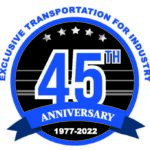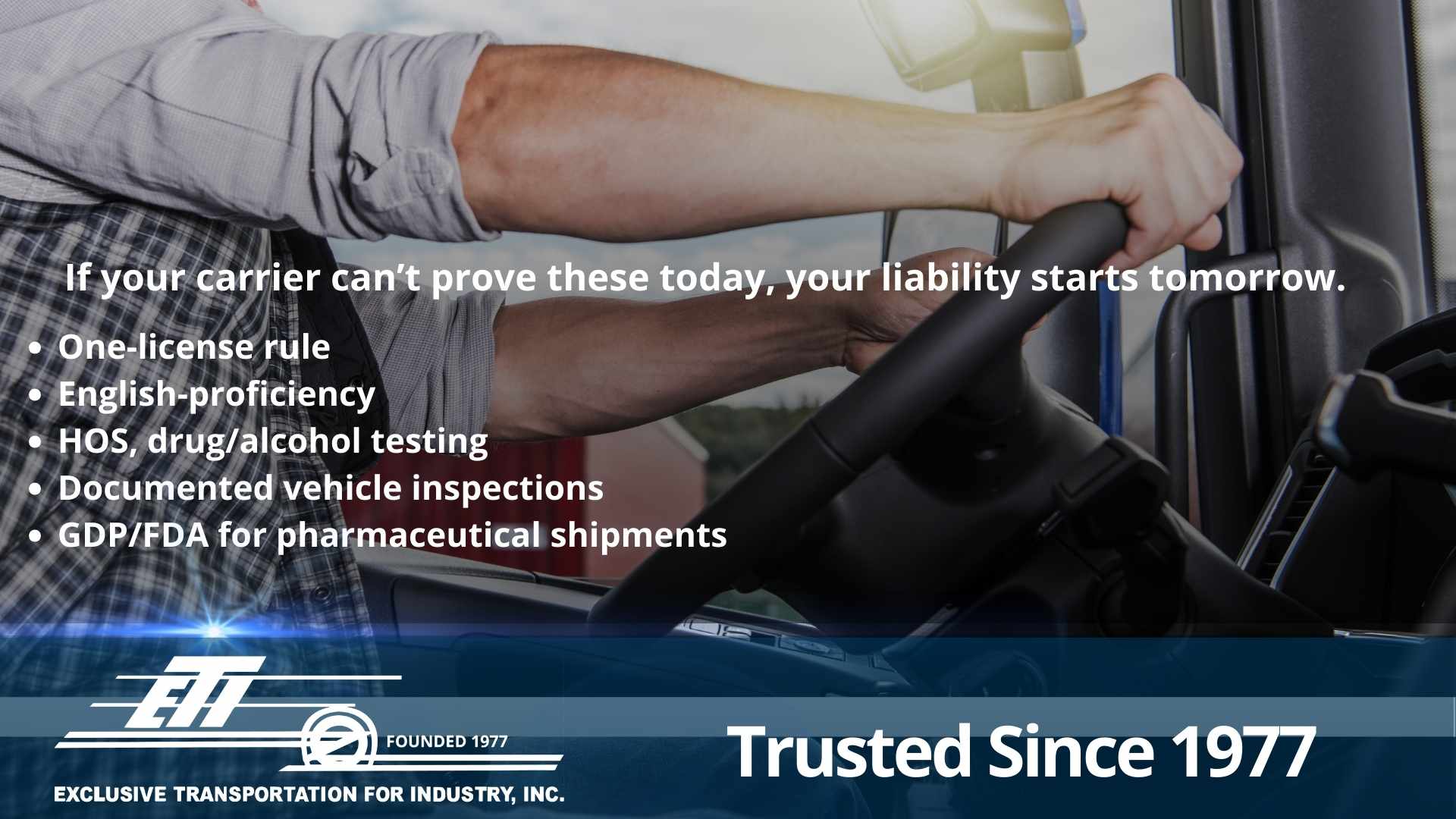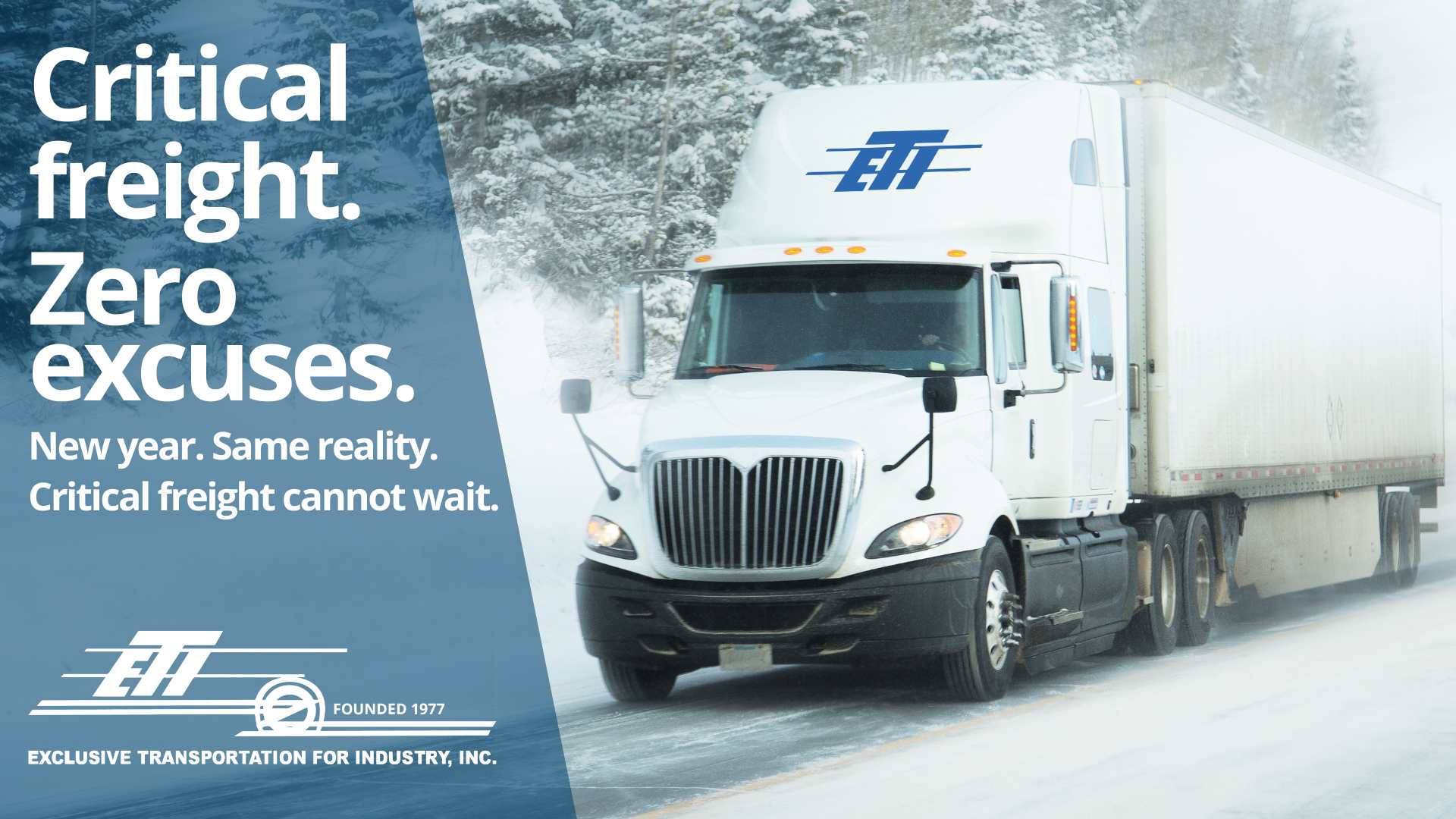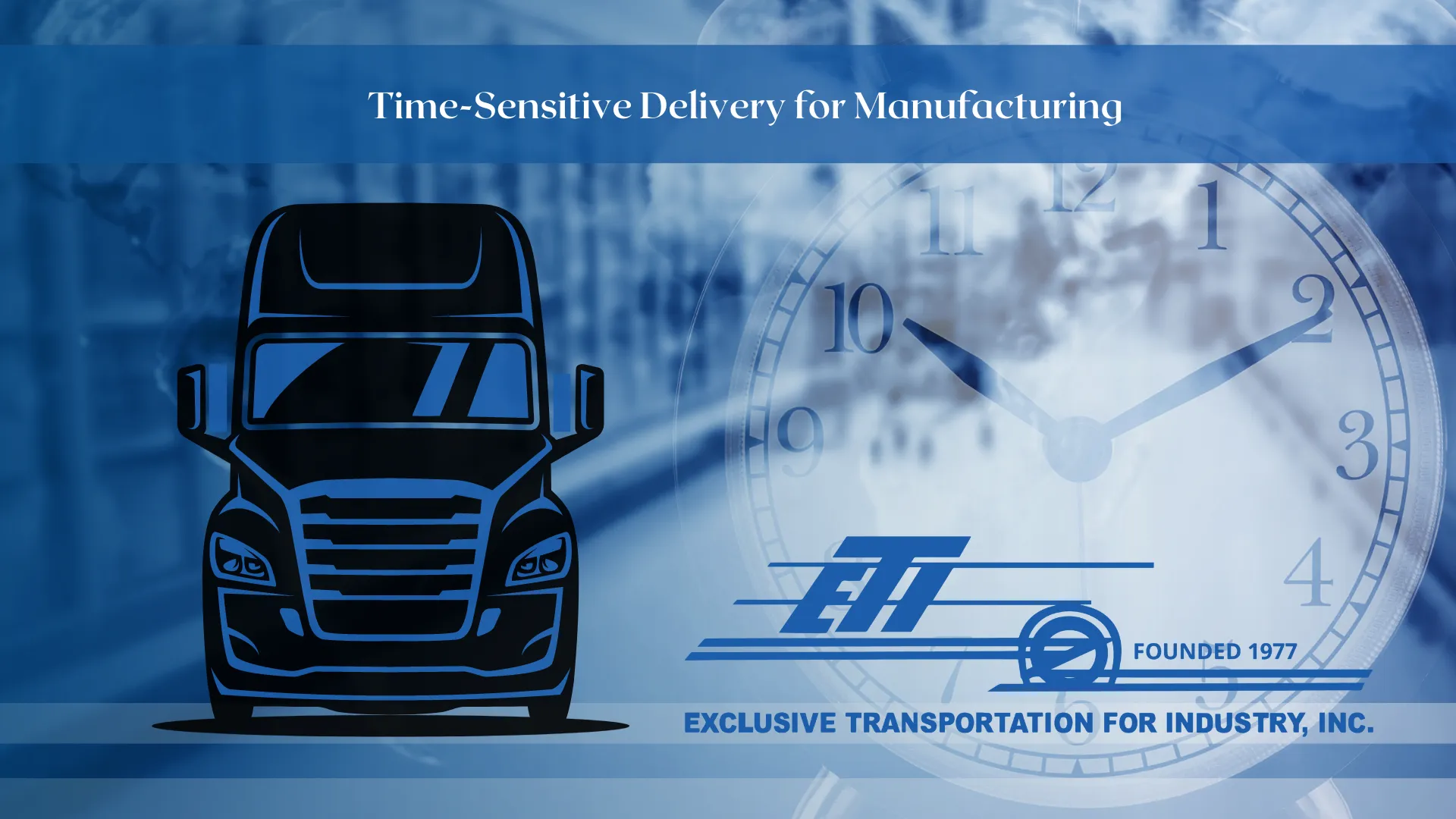CDL Standards Brought into Focus by Crash
A tragic accident on Florida’s Turnpike recently captured national attention to CDL requirements. A commercial truck driver made an illegal U-turn, causing a devastating crash that left three people dead. The incident not only shocked the public but also sparked debate about how commercial driver’s licenses (CDLs) are issued and monitored across the United States. Reports revealed that the driver, an unauthorized immigrant who did not speak English fluently, held multiple CDLs from different states. This raises serious questions about compliance, liability, and safety in the trucking industry.
For brokers and shippers, this tragedy underscores the importance of understanding what compliance really means in the trucking industry, particularly in high-demand regions like Pennsylvania, New Jersey, and New York. These Tri-state CDL and transportation standards were designed to prevent accidents like the one in Florida. When brokers contract carriers who don’t meet or exceed these requirements, the liability can fall directly on them.
Hot Shot Trucking Allentown PA
Hot shot trucking, commonly used for urgent or time-sensitive deliveries, requires the same level of compliance as long-haul freight operations. In Pennsylvania, where Allentown is a hub for industrial and manufacturing transport, hot shot drivers must carry the appropriate CDL for their vehicle class. PennDOT enforces strict licensing standards, and drivers must pass both written and road tests.
One of the most important state requirements is the “one license rule.” Pennsylvania law requires that a driver can only hold one CDL at a time. If a driver moves into the state, they must transfer their CDL within 30 days of establishing residency. This eliminates the risk of drivers carrying multiple licenses across states, which was one of the compliance gaps exposed in the Florida crash.
Hot shot trucking in Allentown also demands adherence to weight limits, vehicle inspections, and Hours of Service regulations set by the FMCSA. Brokers contracting hot shot carriers in Pennsylvania should confirm that the company’s drivers are properly licensed, their vehicles are inspected, and their operations align with both state and federal safety standards. Learn more about our exclusive same day hot shot trucking.
Pharmaceutical Shipping Compliance Trucking
Pennsylvania plays an important role in the pharmaceutical supply chain, and with that comes heightened regulatory responsibility. Pharmaceutical shipping requires more than a CDL—it requires a framework of compliance designed to protect sensitive cargo. Under FDA guidance and Good Distribution Practices (GDP), trucking companies handling pharmaceuticals must ensure product integrity at every step of transport.
Key requirements include:
- Temperature-controlled systems to prevent spoilage of medicines, vaccines, or biologics.
- Documentation of chain-of-custody from pickup to delivery.
- Driver training in handling sensitive shipments, including security awareness.
Pennsylvania also requires registration with the State Board of Pharmacy when carriers are involved in pharmaceutical storage or repackaging. For brokers, this means not every carrier offering “pharma shipping” is legally compliant. If the proper licenses and certifications aren’t in place, liability for damaged or spoiled shipments could be shifted to the broker.
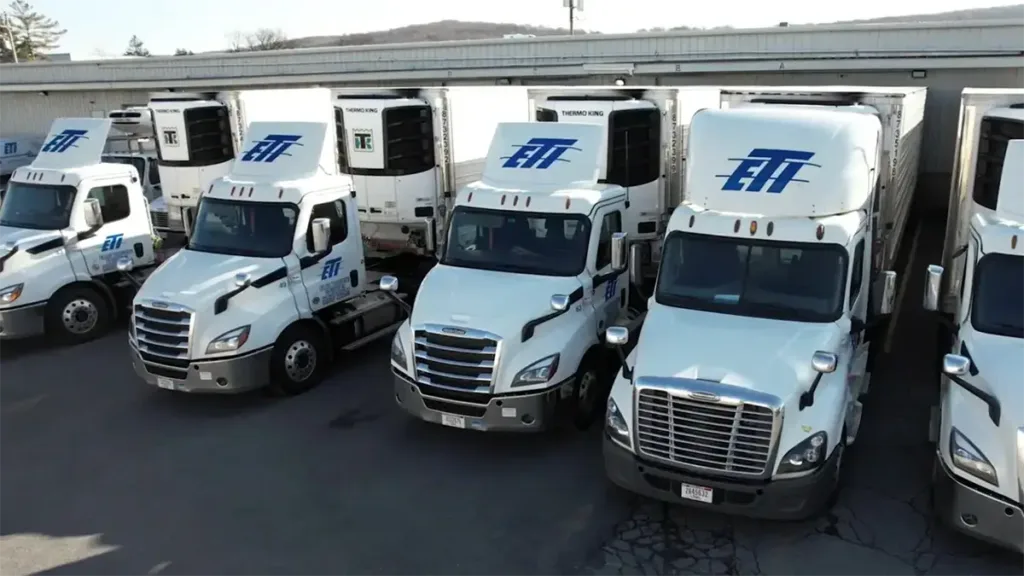 New Jersey Cold Chain Logistics Carriers CDL Requirements
New Jersey Cold Chain Logistics Carriers CDL Requirements
New Jersey is home to many pharmaceutical companies and distribution centers, which makes cold chain logistics a vital part of the state’s economy. A cold chain logistics carrier is responsible for ensuring that perishable goods remain within required temperature ranges throughout the journey. To remain compliant, New Jersey carriers must meet state oversight through the Division of Consumer Affairs as well as federal DOT requirements.
Cold chain carriers must maintain refrigerated units that are inspected and calibrated regularly. They must also provide monitoring logs that document temperatures in transit. Equipment failure or improper handling can mean millions of dollars in product losses and regulatory penalties. For brokers, confirming that a carrier maintains proper refrigeration records and inspection logs is essential to protecting both client contracts and reputations. See our cold chain logistics capabilities.
English-Speaking CDL Requirements for Drivers
One of the most controversial details of the Florida Turnpike crash is that the driver did not speak English fluently. This fact highlights an often-overlooked compliance standard: English proficiency is one of the federal CDL requirements. According to the eCFR’s 49 CFR §391.11(b)(2), drivers must be able to read and speak English well enough to converse with the public, understand road signs, respond to law enforcement, and complete required reports.
In the tri-state area, these rules are enforced with varying strictness. Pennsylvania road tests evaluate comprehension directly. New York and New Jersey allow written exams in multiple languages, but once licensed, drivers must still meet the federal English requirement.
This regulation exists for good reason. Poor communication can cause confusion at inspection sites, delays at loading docks, or even unsafe maneuvers on the highway. For brokers, verifying that their carriers use English-speaking CDL drivers is both a compliance safeguard and a practical measure for risk reduction.
Insured Hot Shot Trucking Companies
Insurance coverage is another critical area where compliance intersects with liability. Federal law requires that commercial carriers carry a minimum of $750,000 in liability insurance, with higher amounts—typically $1,000,000 or more—required for hazardous materials or specialized cargo. Pennsylvania, New York, and New Jersey all require proof of insurance for carriers to maintain operating authority within the state.
For brokers, contracting with an insured hot shot trucking company ensures that they are not exposed to financial loss if an accident occurs. Without proper insurance, any damages, lawsuits, or cargo losses could become the broker’s responsibility. Confirming that a carrier has adequate and up-to-date insurance coverage should be a non-negotiable part of every contract.
Reduce Liability Trucking Compliance in New York, Pennsylvania and New Jersey
Brokers who want to reduce liability in trucking must understand how compliance reduces their own exposure. Compliance means more than just having a CDL—it includes driver background checks, regular drug and alcohol testing, DOT-mandated vehicle inspections, and certification for specialized loads.
In the tri-state area, compliance requirements are thorough. Pennsylvania enforces random drug testing and vehicle inspections through PennDOT. New York requires fingerprint-based background checks for hazardous endorsements. New Jersey mandates self-certification for CDL holders to ensure they are medically and physically qualified to drive.
By contracting with carriers who meet or exceed these requirements, brokers not only reduce liability but also build stronger, safer partnerships. For planned freight beyond same-day needs, review our next day LTL services.
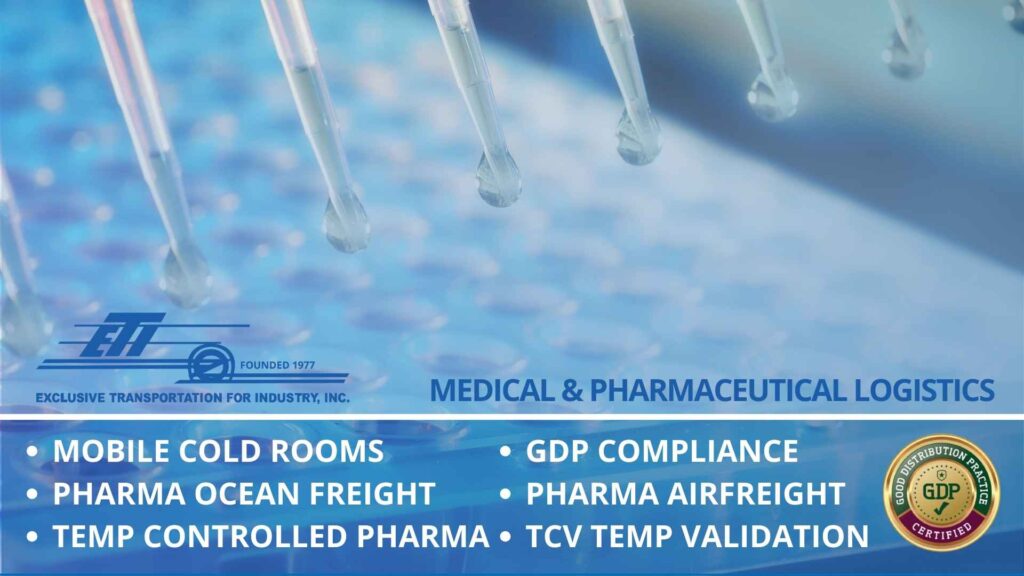 Time-Sensitive Pharmaceutical Delivery
Time-Sensitive Pharmaceutical Delivery
Time-sensitive shipments pose their own risks. Pharmaceutical deliveries often cannot be delayed, as late shipments may result in product loss or even risk to patient health. In the tri-state area, carriers must comply with both DOT regulations for hours of service and FDA expectations for timely transport of medical products.
A carrier who cuts corners to meet deadlines creates liability for both them and their broker. On the other hand, a compliant carrier will balance urgency with proper safety standards. Brokers should seek carriers with a proven record of time-sensitive pharmaceutical delivery that still respects FDA and DOT requirements.
FDA Compliant Pharma Transportation
Ultimately, the highest standard for pharmaceutical trucking is FDA compliance. The FDA requires that carriers transporting pharmaceuticals follow Good Distribution Practices (GDP). This includes documented handling procedures, trained drivers, and systems to prevent contamination or spoilage.
FDA-compliant pharma transportation protects not only the product but also the supply chain partners involved. If an audit reveals that a shipment was transported outside of compliance, brokers could be held liable alongside the carrier. Verifying that a carrier has FDA-compliant processes in place is a practical way for brokers to protect themselves.
Conclusion
The Florida Turnpike crash revealed how dangerous it can be when CDL requirements are not aligned state by state. A driver who should not have been licensed was allowed to operate, leading to tragic loss of life and raising questions about liability for the trucking company and the state that issued the CDL.
For brokers and shippers in Pennsylvania, New Jersey, and New York, this event is a sobering reminder that compliance is more than just a formality—it is a safeguard against tragedy, financial loss, and reputational damage. Hot shot trucking, pharmaceutical shipping, cold chain logistics, and time-sensitive deliveries all demand carriers who understand and follow the law.
By prioritizing CDL requirements in areas such as English proficiency, insurance coverage, and FDA standards, brokers can ensure they are working with carriers who protect their interests and the safety of the public. In a world where one illegal U-turn can cause irreversible damage, choosing the right carrier is not just about efficiency—it is about responsibility.
Contact us if you need assistance navigating CDL compliance issues.

